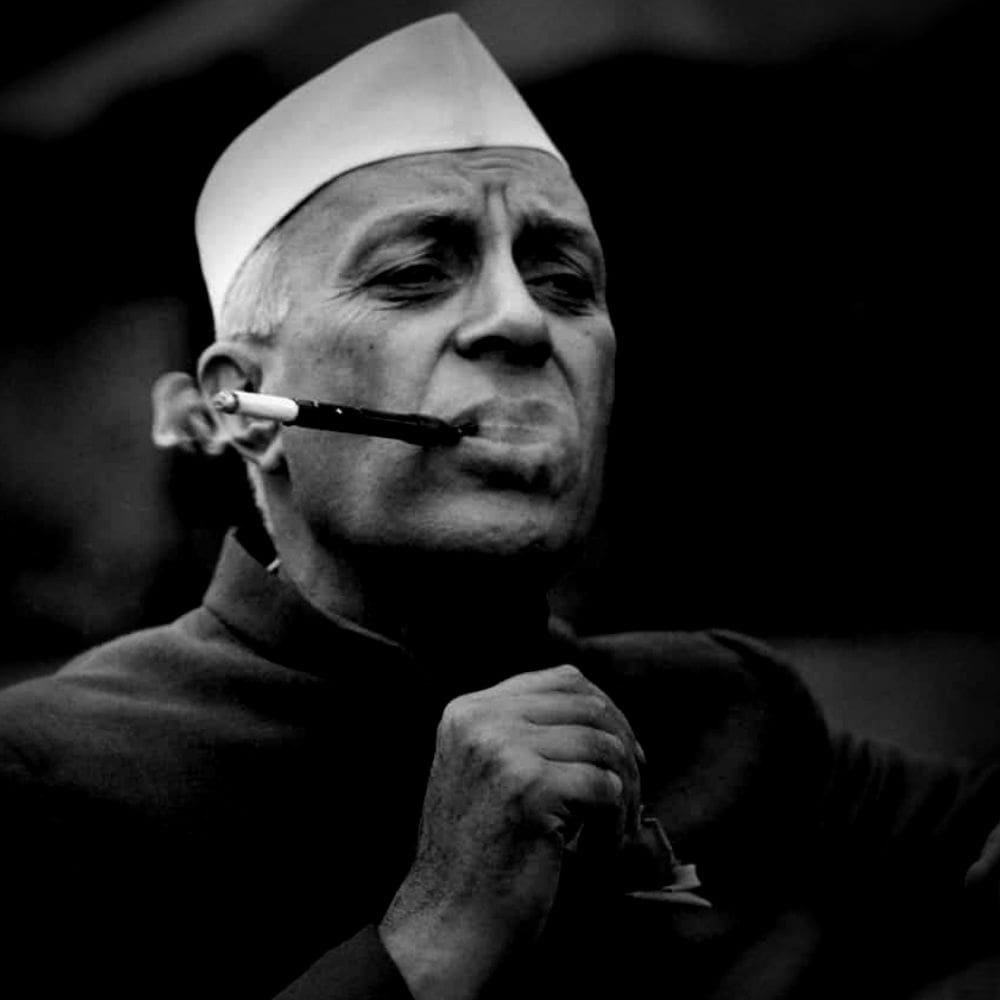WOULD-HAVE-BEEN COMMUNAL RESERVATION
But for the timely intervention of certain senior, enlightened leaders after independence, Nehru would have carried through yet another major blunder of reservations for Muslims, plunging India further into communal politics under the ‘secular’ facade, as would be amply clear from the following extracts from the autobiography ‘Government from Inside’ of NV Gadgil:
“The temperament of Nehru made simple problems complex and gave cause of anxiety, particularly in the matter of defence of the country… Liaquat Ali [Pakistan’s PM] came to Delhi in March 1950, had discussions with Nehru and one fine morning at 10 o’clock Nehru placed before the cabinet a draft of his agreement with him [Liaquat Ali]. I am not sure if Vallabhbhai [Sardar Patel] was consulted before the draft was agreed to. The final two paragraphs in the agreement accepted the principle of reservation for Muslims in proportion to their population in all the services and representative bodies in the constituent states of India. Similar provisions were suggested for the Central Government also.
“Each one of us got the copy of the draft, but no one would open his mouth… I said, ‘These two paragraphs nullify the whole philosophy of the Congress. The country had to pay the price of division as a result of its acceptance of separate electorates. You are asking it to drink the same poison again. This is betrayal, forgetful of the last forty years of history.’ Nehru was displeased.
“Gopalaswami Aiyangar said, ‘There is substance in Gadgil’s objections’ and volunteered to redraft the two provisions. I said, ‘These two paragraphs must go lock, stock and barrel and no South Indian cleverness would do.’ Hearing this Nehru replied with anger, ‘I have agreed to this with Liaquat Ali Khan.’ I said, ‘You must have told him that the agreement can be finalised only after the Cabinet’s approval. I cannot speak for other cabinet members, but I am opposed to it hundred percent.’ On this Vallabhbhai quietly suggested that the discussions should be postponed to the next day and the meeting was adjourned. “Vallabhbhai called me for discussions on return home. I told him, figuratively speaking, ‘The marriage must not take place simply because the father wants it. The bride is not approved. You must speak plainly now, otherwise complications will follow and we may have to repent. We have decided on a secular government. This agreement destroys that conception .’ The same night I received from him [Sardar Patel] the papers regarding the revisions suggested by Gopalaswami Aiyangar and his [Sardar Patel’s] disapproval of them. I noted on them my agreement with him. When the cabinet met the next day, the last two paragraphs were omitted… The other Ministers congratulated me, but it has to be sadly recorded that at the time of discussion on the draft, none of them opposed Nehru…”


